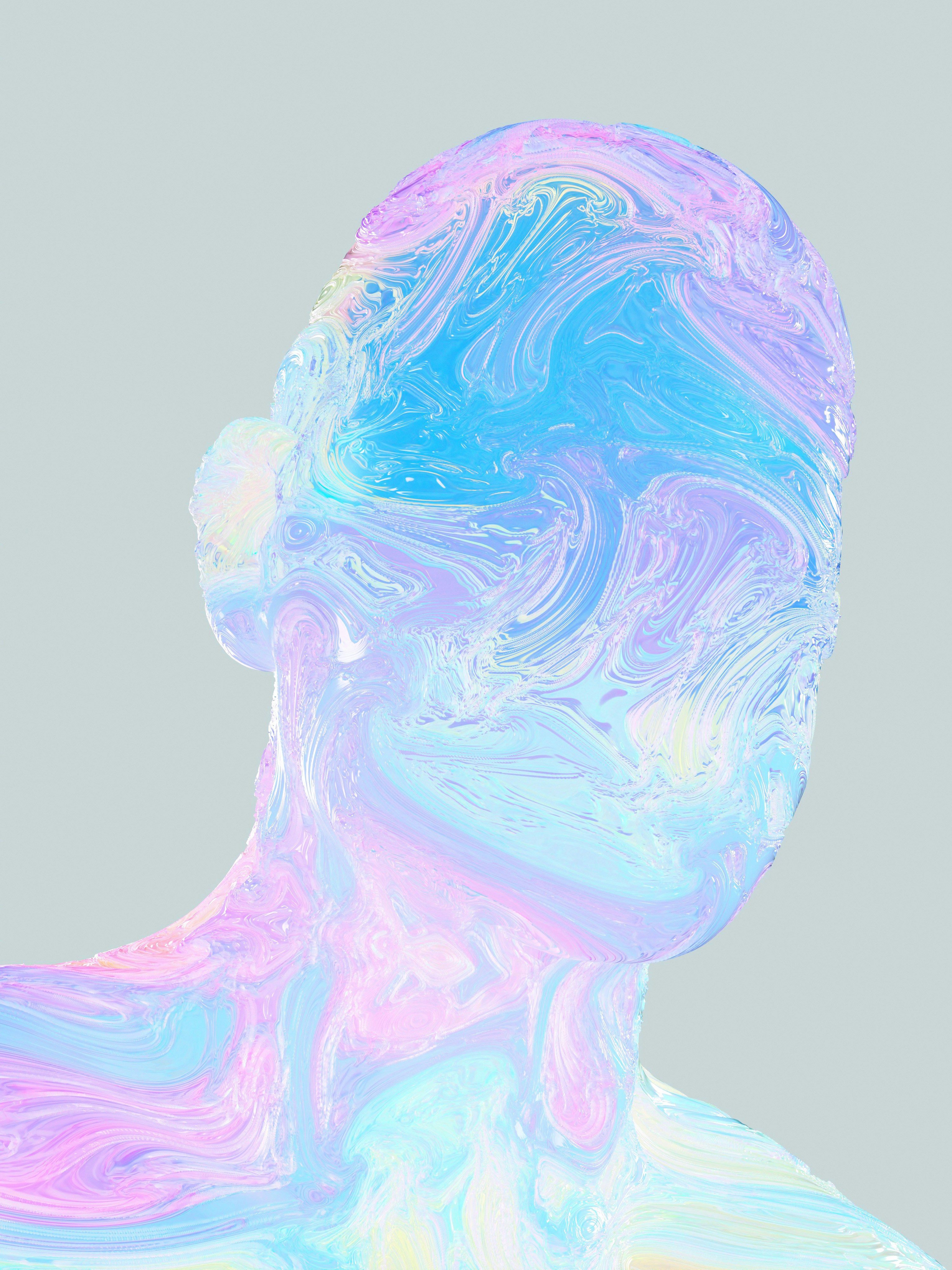1. What is Neuro UX and why should you care?
Neuro UX is the practice of designing digital interfaces based on how the human brain processes information, makes decisions, and reacts emotionally. It’s rooted in fields like neuromarketing, behavioral psychology, and cognitive science.
Why it matters:
Reduces user friction and cognitive load
Triggers positive emotional responses
Increases retention, satisfaction, and engagement
Apps like Duolingo, Headspace, and TikTok succeed not just because of features—but because they understand brain behavior.
2. How the brain interacts with interfaces
System 1 vs System 2 thinking:
Fast, intuitive decisions (System 1) dominate most app interactions
Clear hierarchy and visual cues allow System 1 to act quickly
Complex flows that require System 2 (logic, math) lead to drop-offs
Dopamine loops:
Micro-rewards (animation, feedback, confetti) create engagement
Habit-building mechanisms encourage return usage
Gamification should feel meaningful, not manipulative
Cognitive biases in UX:
Priming: setting expectations with visuals or copy
Anchoring: highlighting a “most popular” plan to guide choice
Loss aversion: nudging users to act before missing out
3. Design principles inspired by neuroscience
Chunking information (grouping into smaller sets) improves memory
Visual hierarchy helps the brain scan content faster
Consistency in button shapes, colors, and motion reduces stress
Affordances (e.g. shadows on buttons) signal interaction naturally
Use color psychology:
Blue → trust and calm (finance, wellness)
Red → urgency and action (sales, alerts)
Green → growth, success (productivity, health)
4. Applying Neuro UX to real app elements
Onboarding flows:
Use social proof and “brain-friendly” progress indicators
Keep steps short (3–5 screens max)
Start with emotional benefit, not feature overload
CTAs and microcopy:
Use action verbs: “Start Now”, “Unlock”, “Boost”
Tie wording to emotional outcomes, not just functions
Create a sense of control and clarity in each action
Animations and feedback:
Microinteractions like button bounce or success checkmark = dopamine hits
Keep transitions under 300ms for perceived smoothness
Use anticipation and delight to reward interaction
5. Case studies and examples
Fitness app:
Added celebratory animation after workout logs → +23% retention
Used green checkmarks and praise phrases like “You’re on fire!”
Finance app:
Reduced dashboard clutter and added card-based grouping → better comprehension in first session
Simplified CTA from “View Statement” to “See Where You Spent”
Meditation app:
Soft visual cues, pastel colors, and subtle haptics → higher session duration
Removed over-choice from meditation categories → increased daily opens
6. Tools and tips to test neuro UX hypotheses
Maze / PlaybookUX – for usability testing focused on reactions
Lookback / Hotjar – observe visual attention and friction
Figma + Eye-tracking overlays – simulate heatmaps before dev stage
Track time to action and drop-off rate at each decision point
Summary and what to try next
Designing for the brain is designing for instinct, emotion, and efficiency. Neuro UX isn't about manipulation—it's about making users feel smart, safe, and satisfied. Start small: test how your microcopy, visuals, and feedback loops align with what brains actually want. It’s not about tricks—it’s about trust and traction.





